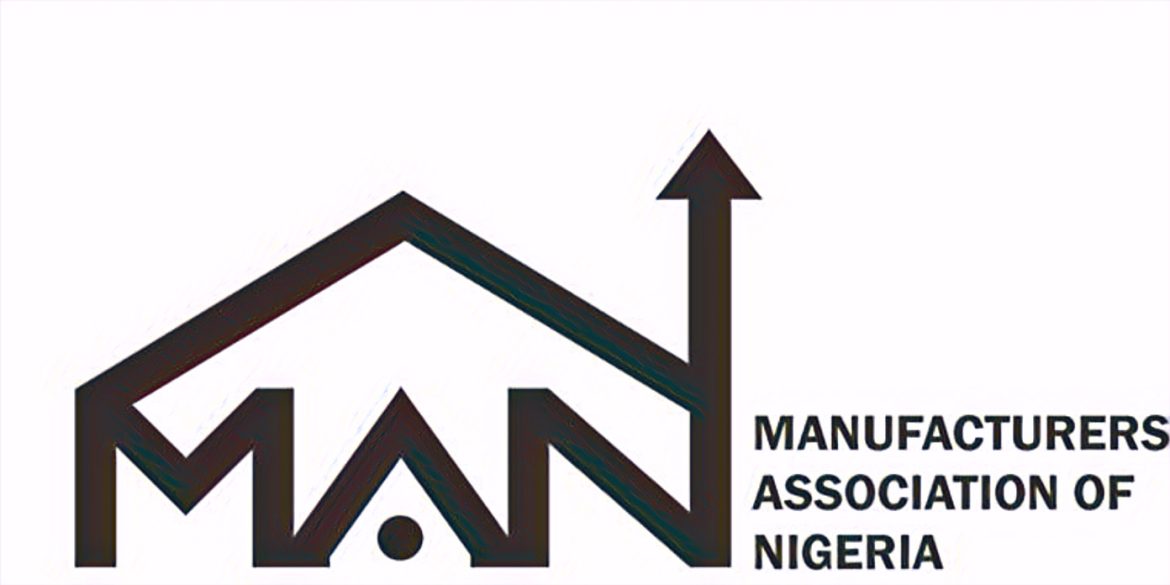KEY POINTS
- Credit to manufacturers dropped to N7.72 trillion in March.
- MAN says 15 percent lending rates limit industrial recovery.
- Fragile rebound seen amid rising costs and weak forex access.
Credit to the manufacturing sector in Nigeria fell by 9.5 percent to N7.72 trillion in March 2025, down from N8.53 trillion at the end of 2024, underscoring the weak recovery in the country’s real economy. The Manufacturers Association of Nigeria (MAN) described the decline as a sign that urgent fiscal and monetary support is needed to sustain growth and protect industrial jobs.
The figures were released in MAN’s third-quarter Manufacturers CEO’s Confidence Index report presented in Lagos on Tuesday. According to the report, high borrowing costs, unreliable energy supply, and foreign exchange shortages continue to weigh on production despite a modest rebound in output and business sentiment.
Credit to the manufacturing sector under strain
MAN’s Director General, Segun Ajayi-Kadir, said the sector remains vulnerable as average lending rates reached 36.6 percent, while unsold inventories climbed to N1.04 trillion. He noted that although capacity utilisation rose to 61.3 percent in the first half of 2025 from 57.6 percent in late 2024, the gains were fragile and could vanish without government intervention.
Ajayi-Kadir urged the government to act quickly to cut energy costs, stabilise the naira, and expand affordable credit to manufacturers. “Our data show that the sector is slowly finding its footing, but this recovery is fragile and could easily reverse without deliberate policy action,” he said.
MAN’s data showed that manufacturing value added plunged to $25.36 billion in 2024 from $55.9 billion in 2023, reflecting the toll of inflation, high interest rates, and currency depreciation. Manufactured exports, however, rose to N803.8 billion in the second quarter of 2025 from N294.4 billion in the first quarter, a sign of resilience amid difficult conditions.
Weak outlook for credit to the manufacturing sector
The report noted that about 18,935 jobs were lost in the first half of 2025 compared with 10,891 in late 2024 as firms battled rising input costs. MAN’s confidence index improved slightly from 50.3 points in the second quarter to 50.7 points in the third, showing cautious optimism but still below the neutral threshold of 50 points.
According to Punch, Ajayi-Kadir said the improvement was driven by a steadier exchange rate and slowing inflation but warned that high gas prices and supply disruptions still limited output in several subsectors. MAN President Francis Meshioye added that the manufacturing sector’s gradual rebound requires strong policy backing, including a lower benchmark interest rate and faster implementation of the proposed National Industrial Policy. The report identified key gains in six manufacturing groups, Plastics and Rubber, Electrical and Electronics, Food and Beverages, Chemical and Pharmaceuticals, Textile and Footwear, and Basic Metal and Steel, while four groups saw declines due to energy costs, foreign exchange shortages, and cheap imports.
Ajayi-Kadir concluded that the country’s fragile industrial recovery depends on restoring confidence through stable currency policies, disciplined tax enforcement, and access to credit. “To secure stability and growth, Nigeria must make manufacturing the centrepiece of its economic agenda,” he said.


